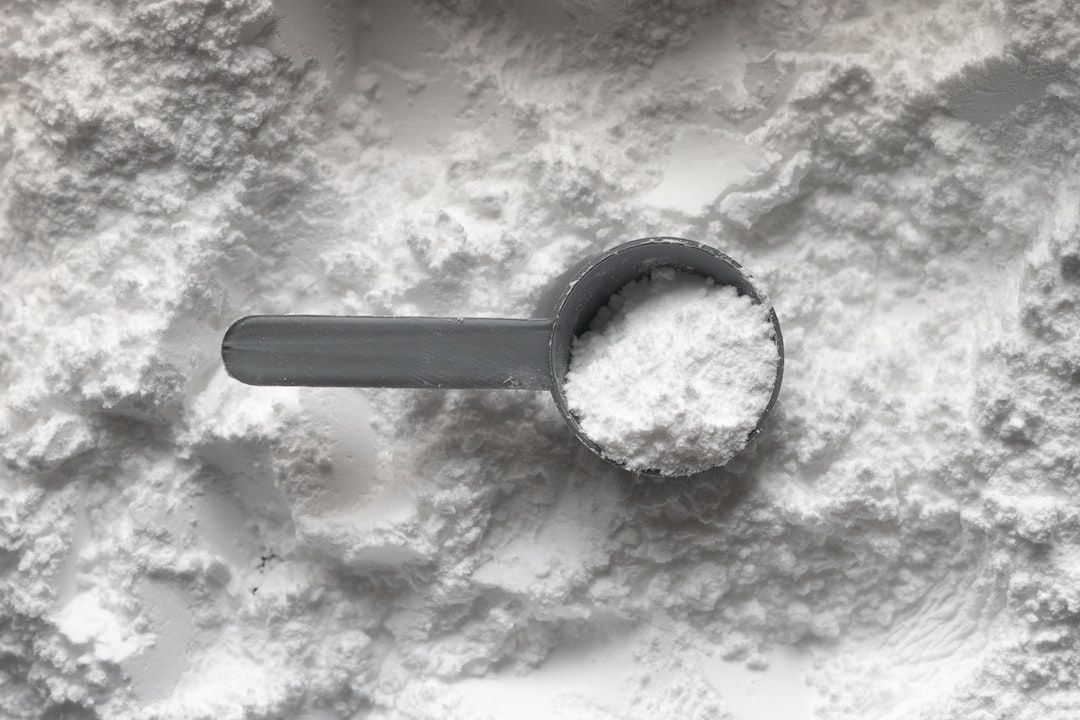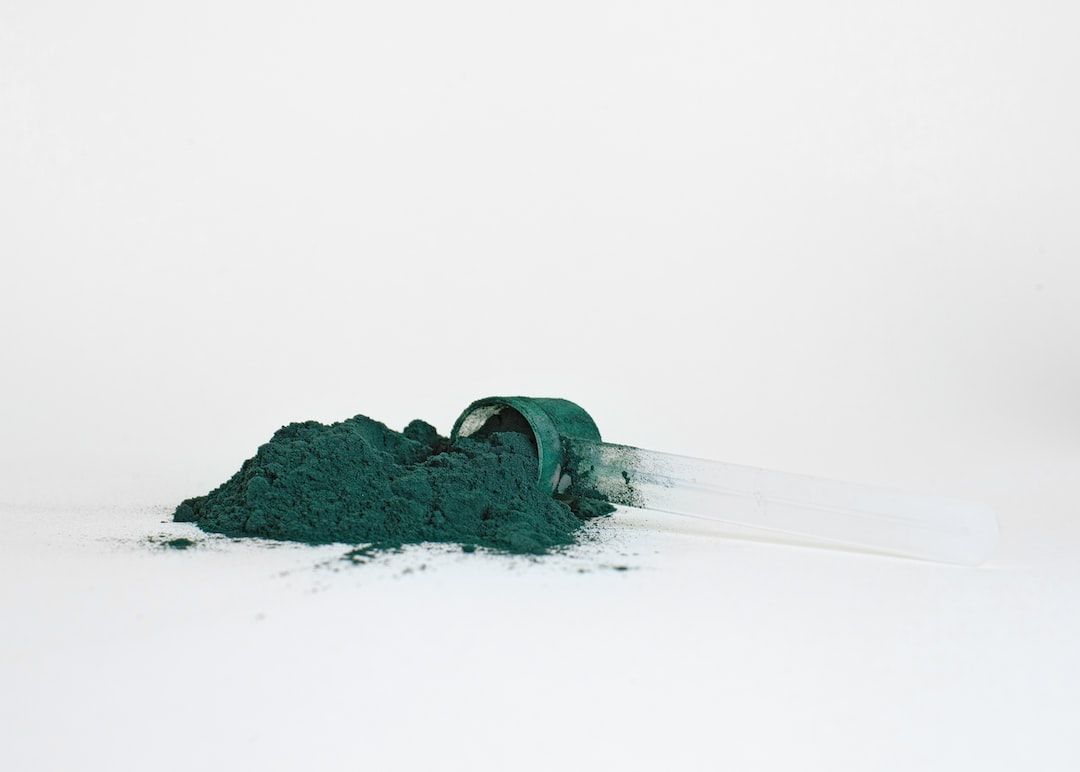
L-Citrulline vs Watermelon: Which Is Better for You?
When it comes to boosting your workout performance, L-Citrulline and Watermelon are two popular choices that athletes swear by. Both are known to enhance exercise endurance and reduce muscle soreness. But what exactly are they, and how do they differ? In this post, we will dive deep into the world of L-Citrulline vs Watermelon, exploring their nutritional value and health benefits. We'll also compare their accessibility, consumption, and efficiency in delivering the desired results. Additionally, we'll discuss how L-Citrulline works in the body and why Watermelon is a great addition to any diet. Finally, we'll give you some practical tips on incorporating both into your daily routine and help you decide which one is best for your health goals.

Understanding L-Citrulline
Citrulline, an amino acid, plays a crucial role in the production of nitric oxide, which is vital for various physiological functions, including nitric oxide production. Research has shown that supplementing with L-Citrulline can improve exercise performance by enhancing vasodilation and increasing blood flow, thus promoting cardiovascular health. Additionally, studies have demonstrated that L-Citrulline supplementation can reduce fatigue, boost endurance, and enhance overall athletic performance. It is worth noting that L-Citrulline is a non-essential amino acid, meaning it can be synthesized by the body. This makes it an attractive option for individuals looking to support their metabolism and overall well-being.
What is L-Citrulline?
L-Citrulline, an amino acid found in foods like watermelon, converts into nitric oxide in the body. This conversion may enhance blood flow, reduce fatigue, and improve endurance. As a dietary supplement, L-Citrulline has been studied for its potential benefits on exercise performance and cardiovascular health.
Health Benefits of L-Citrulline
L-Citrulline offers several health benefits that make it a valuable addition to your routine. One key advantage is its ability to enhance exercise performance and reduce fatigue. Additionally, L-Citrulline promotes better cardiovascular health by improving blood flow and vascular function through the production of nitric oxide. It's worth noting that L-Citrulline supplementation may benefit individuals with prehypertension or hypertension.
Another potential advantage of L-Citrulline is its anti-inflammatory effects, as suggested by some studies. Additionally, L-Citrulline supports kidney function and aids in removing ammonia from the body. These benefits make L-Citrulline a promising option for those looking to improve their overall health and well-being. Incorporating L-Citrulline into your dietary routine can have a positive impact on your metabolism and physiology, making it an attractive option for those who prioritize nutrition and physical fitness.
Natural Sources of L-Citrulline
When it comes to natural sources of L-Citrulline, watermelon takes the lead. This juicy fruit is known for its high content of L-Citrulline, making it an excellent choice for those looking to increase their intake of this amino acid. In addition to watermelon, other fruits like cucumbers and cantaloupes also contain L-Citrulline, although in lesser amounts. If you're not a fan of fruits, certain nuts and legumes like peanuts and chickpeas can also provide a decent amount of L-Citrulline. Another interesting fact is that L-Citrulline can be synthesized in the body from L-Arginine, another amino acid. However, it's important to note that the bioavailability of L-Citrulline from natural food sources may vary.

Understanding Watermelon
Watermelon is a juicy and refreshing fruit that is packed with nutrients. With its high water content, it helps in hydration and is a great source of vitamins A and C. This vibrant fruit is low in calories and fat, making it an excellent choice for a healthy snack. The red color of watermelon comes from lycopene, an antioxidant that promotes heart health. Additionally, watermelon is known for its high content of L-Citrulline, an amino acid with numerous health benefits. These include supporting metabolism, improving vascular function, and enhancing endurance exercise performance. Studies have shown that the effects of L-Citrulline supplementation, such as increased nitric oxide bioavailability, can be observed after weeks of watermelon juice supplementation. Watermelon is not only delicious but also a nutrition powerhouse that offers numerous health benefits.
What is Watermelon?
Watermelon is a juicy fruit belonging to the Citrullus lanatus species and is native to Africa. It is botanically related to cucumbers, pumpkins, and squash. This refreshing fruit is enjoyed raw or in fruit salads and desserts for its sweet taste and nutritional value.
Health Benefits of Watermelon
Watermelon offers numerous health benefits that make it a valuable addition to any diet. One of its key advantages is its hydrating properties, thanks to its high water content. Additionally, watermelon is packed with essential vitamins, including vitamins A and C, which are crucial for immune function and skin health. The fruit also contains the antioxidant lycopene, known for its potential cardiovascular benefits and its ability to reduce the risk of certain cancers. Moreover, watermelon is low in calories and fat, making it an excellent choice for weight management. Its natural sweetness makes it a satisfying and nutritious alternative to sugary snacks. By incorporating watermelon into your diet, you can enjoy its refreshing taste while reaping its myriad of health benefits.
Watermelon as a Source of L-Citrulline
Watermelon is recognized for its rich content of L-Citrulline, an amino acid that offers various health benefits. The quantity of L-Citrulline in watermelon can fluctuate depending on the variety and ripeness. Consuming watermelon can contribute to the body's L-Citrulline levels, potentially supporting the production of nitric oxide. Studies have explored the effects of watermelon supplementation on exercise performance and cardiovascular health. Increasing L-Citrulline intake through watermelon or watermelon juice can be a natural approach. This fruit serves as a source of L-Citrulline without the need for additional supplementation. By incorporating watermelon into your daily diet, you can increase your intake of this beneficial amino acid.
Direct Comparison of L-Citrulline and Watermelon
L-Citrulline, a naturally occurring amino acid, can be obtained through supplementation or from natural food sources like watermelon. While watermelon does contain L-Citrulline, the concentration may vary depending on the variety and ripeness of the fruit. L-Citrulline supplements offer a concentrated dose of this amino acid, while watermelon provides additional nutrients and hydration due to its high water content. Both L-Citrulline and watermelon have been studied for their potential effects on exercise performance and cardiovascular health. Individual preferences and goals should guide the choice between L-Citrulline supplementation and consuming watermelon. Considering factors such as accessibility, nutrition, and desired benefits can help determine the most suitable option.
How does L-Citrulline work in the Body?
L-Citrulline undergoes conversion into L-arginine in the body, leading to increased nitric oxide levels. This results in the relaxation of blood vessels, improved blood flow, and reduced blood pressure. Additionally, it may enhance exercise performance and alleviate muscle soreness. L-Citrulline can be obtained through supplements or naturally found in foods like watermelon.
Absorption and Utilization of L-Citrulline
L-Citrulline, a non-essential amino acid, is found in various foods, including watermelon. Its supplementation has been shown to have positive effects on blood flow, reducing fatigue, and improving athletic performance. While watermelon does contain L-Citrulline, the amount can vary between different types and batches of the fruit, making it an unreliable source. On the other hand, L-Citrulline supplements have been proven to be more effective in increasing plasma levels compared to consuming watermelon. These supplements are available in different forms, such as powder, capsules, and tablets, which makes it convenient to incorporate into your daily routine. So, for those looking to optimize the absorption and utilization of L-Citrulline, supplementation may be the preferred choice over relying solely on watermelon.
L-Citrulline and Muscle Recovery
L-Citrulline, an amino acid known for its role in muscle recovery, has been found to be beneficial in reducing muscle soreness after exercise. While watermelon also contains L-Citrulline, the concentration is generally lower compared to supplements. Studies have shown that L-Citrulline supplementation can help enhance muscle recovery by reducing post-workout muscle soreness. Additionally, watermelon juice, with its high antioxidant content, may also contribute to muscle recovery benefits. Ultimately, the choice between L-Citrulline supplements and consuming watermelon for muscle recovery depends on individual preferences and needs. It's important to consider factors such as convenience, dosage control, and personal dietary considerations when deciding whether to opt for L-Citrulline supplementation or rely on watermelon for muscle recovery.
Practical Tips for Consuming L-Citrulline and Watermelon
Incorporating l-citrulline and watermelon into your diet is both practical and beneficial for your health. You can enjoy watermelon as a refreshing snack or add it to salads for a burst of flavor and hydration. When it comes to l-citrulline, you have the option of choosing supplements in the form of capsules or powder, which offer convenience and precise dosage control. To maximize the l-citrulline content in watermelon, opt for fresh and ripe fruits. By experimenting with different recipes and combinations, you can easily incorporate both l-citrulline and watermelon into your daily meals. Remember to follow recommended dosages for l-citrulline supplements to achieve optimal results. These practical tips will help you harness the benefits of l-citrulline and watermelon to support your overall health and well-being.
Conclusion
To summarize, both L-Citrulline and watermelon offer unique health benefits. L-Citrulline is a supplement that provides concentrated doses of the amino acid, while watermelon naturally contains L-Citrulline along with other essential nutrients. If you're looking for a convenient and targeted approach to improve cardiovascular health and muscle recovery, L-Citrulline supplementation may be the better choice. On the other hand, if you prefer a natural and hydrating option that supports overall health, watermelon can be a delicious and refreshing choice. Ultimately, the decision between L-Citrulline and watermelon depends on your specific health goals and preferences.
Appreciate the creator